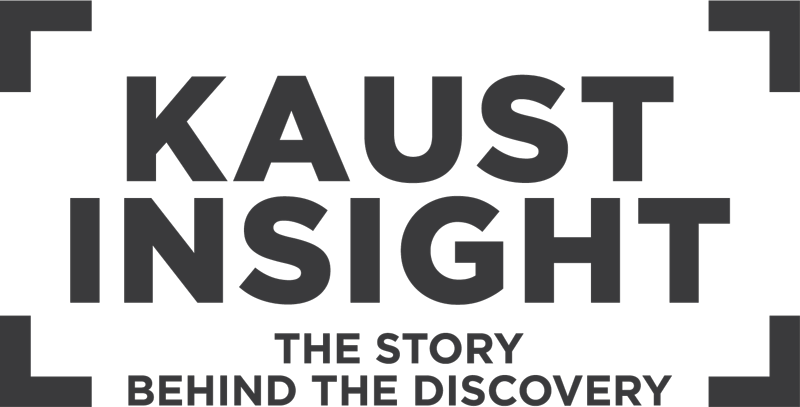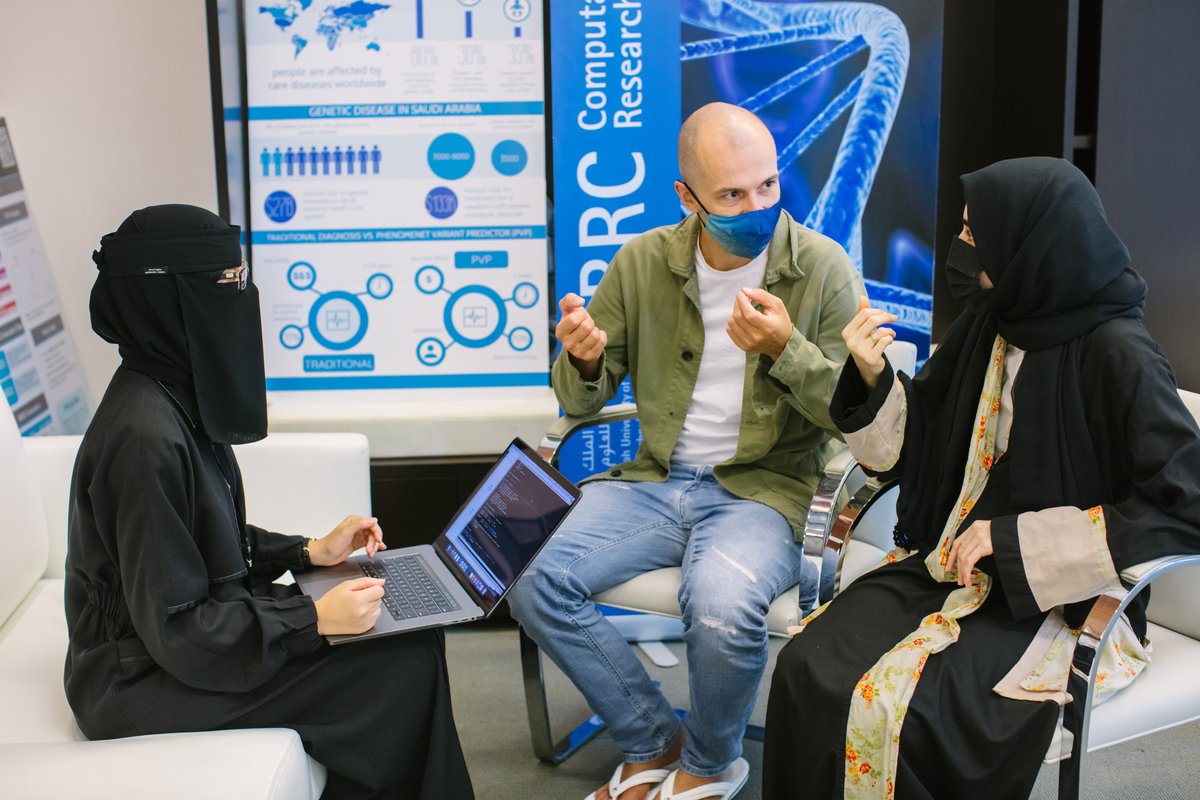Machine learning, but researchers and clinicians learn too
Machine learning algorithms can churn through realms of data, but productive
collaborations between researchers and clinicians are also an important part of the health equation.
Computer scientist Robert Hoehndorf and his team’s collaborations begin with researchers and clinicians developing joint research questions about what they all want to know. Current collaborations include work on diagnosing rare metabolic disorders with King Khalid University Hospital and King Abdullah International Medical Research Center. Cancer-related projects investigate risk factors of ovarian cancer in the Saudi population with King Abdulaziz University and on hepatocellular carcinoma and retinoblastoma with King Fahd Medical City.
The collaborations provide mutual benefits. “As researchers, we get to test our AI methods for diagnosis, prognosis or determining risk while gaining insight into clinical practice; the clinicians generally want to improve the lives of their patients and their clinical workflows,” Hoehndorf says. He also notes the satisfaction of improving lives: “there are Saudi individuals and families who would not have received a diagnosis without our work.”
One collaboration also highlights the importance of communicating research. “Researchers from King Saud University contacted us after reading a KAUST Discovery article and seeing a video about a paper related to AI and metabolic disease,” says Hoehndorf. “We have collaborated ever since.”
Addressing the most difficult genetic problems
Peregrine Genomics, a KAUST startup, is collaborating with three medical facilities to investigate complicated genetic disorders. Computer scientist Xin Gao and bioscientist Mo Li from KAUST apply the latest sequencing technologies, artificial intelligence and machine learning to cases referred by clinicians.
These are intractable cases that remain undiagnosed after conventional genetic tests, explains Li. “Some of these genetic disorders reoccur in local family groups. Without a clear genetic diagnosis, it is impossible to screen for carriers of the disease, making it difficult to prevent the disease or plan for a healthy baby,” Li says. “The clinicians send us patient samples and we develop nanopore sequencing technologies to investigate these cases.”
“Our pipeline helps clinicians and leads to a better understanding of the disease, preventative services and potentially better therapy,” Gao says. “It provides relief to individuals and families.”
Strategic insights also emerge. “Our long-read sequencing technologies have found many mutations often overlooked by conventional sequencing. We can solve many of these to understand the mechanism of such mutations in genetic diseases,” Li says.
Peregrine Genomics came from the 2019 TAQADAM Startup Accelerator Program and began collaborating with Saudi hospitals following discussions at a 2020 KAUST research conference. Current clinical collaborators are from King Faisal Specialist Hospital and Research Center, King Abdullah International Medical Research Center and the National Guard Hospital, but may include other medical facilities in the future.

